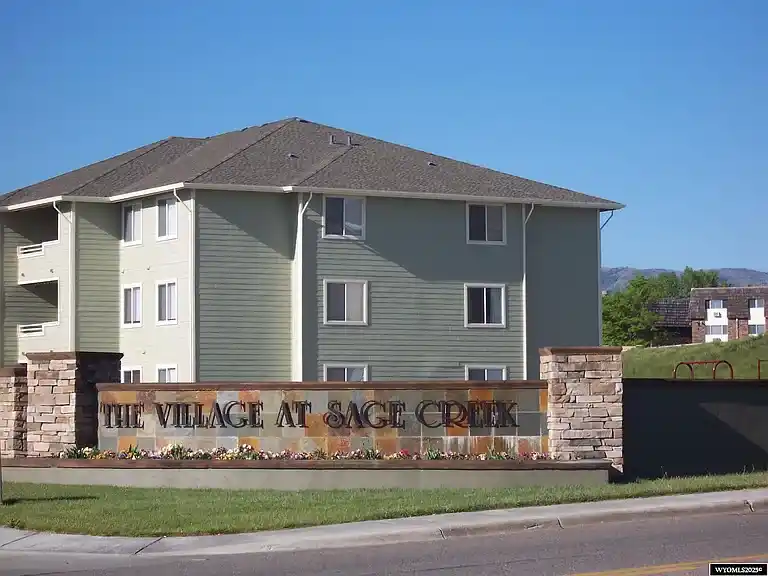Burying a family member on your property may sound unusual in modern times, but it’s a practice that still holds cultural, emotional, and historical significance for many families across the United States. Whether driven by spiritual beliefs, tradition, or a desire for a lasting family connection to the land, private burials can be both meaningful and legally viable—if done correctly.
Before making any final decisions, it’s essential to understand your state and local regulations, the logistics of a home burial, and the long-term implications for your property. Here’s what every homeowner should know about burying a family member on your property.
—
Is It Legal to Bury a Family Member on Private Property?
The short answer: Yes, in many states, burying a family member on your property is legal. However, it’s not permitted everywhere, and even where allowed, strict regulations may apply.
Each state has its own laws regarding home burials. Some require a designated cemetery license; others simply mandate that you report the death and comply with burial depth, zoning, and environmental guidelines.
For example:
- In Texas and Tennessee, family cemeteries are legal if recorded with the local deed office.
- In California and New York, burials outside licensed cemeteries are generally prohibited or heavily restricted.
- Some counties require health department approval or a burial transit permit.
Always contact your local zoning and health departments before making burial arrangements.
—
Zoning Laws and Property Use Restrictions
Before you proceed with any burial on private property, check local zoning ordinances. Rural areas are more likely to permit family burials than urban or suburban zones, where land-use laws are stricter.
Zoning restrictions may cover:
- Minimum lot size for a burial
- Required distance from water sources or buildings
- Environmental regulations
- Whether you can declare the area as a family cemetery
In some cases, you may need to file a land-use change or obtain a conditional use permit. Be aware that this process may involve public hearings or notifications to neighboring property owners.
—
What to Know About Declaring a Family Cemetery
If your jurisdiction allows private burials, you may be required to formally designate a portion of your property as a family cemetery. This usually involves recording a deed or plat map with your county’s registrar or recorder’s office.
Once recorded, this family cemetery designation will become part of the property’s title history, which can impact future property sales or development.
Considerations include:
- Who has rights to visit the cemetery in the future
- How the burial site may affect resale value
- Whether the cemetery is legally protected from development
It’s highly recommended to consult a real estate attorney when recording a family cemetery.
—
Burial Requirements and Safety Guidelines
Even on private land, there are typically legal guidelines for how burials are conducted. These are designed to protect public health and the environment.
Typical requirements include:
- Minimum burial depth (usually at least 3 to 5 feet)
- Use of a biodegradable container or vault
- A setback distance from water wells or streams (often 100+ feet)
- Marking the grave with a durable headstone or GPS coordinates
In some areas, you may need a licensed funeral director to handle the body before burial, or at least file the death certificate and burial permit.
—
Funeral Services and Documentation
Holding a service for your loved one at home is entirely legal, though you must still comply with state laws regarding death certificates, cremation or burial permits, and body handling.
Documentation you may need includes:
- A signed death certificate
- Burial transit permit (if transporting the body)
- A statement of burial location filed with your local health department
In some states, the funeral must be reported to vital records offices, even if no funeral home is involved.
—
Future Impacts on Property Ownership and Use
A family burial plot can become a permanent part of your property and may come with legal rights attached. For example, descendants may be granted access to visit the grave even if you sell the land in the future.
Before proceeding:
- Consider future resale challenges
- Determine who will maintain the site
- Decide how the location will be marked and documented
It’s wise to include burial details in your will and property records so future heirs are informed of the arrangements.
—
Can You Move the Body Later?
Exhuming and relocating a body is often a complicated legal process. In many states, you’ll need a court order, health department approval, and possibly consent from next-of-kin.
It’s important to think of home burials as a permanent choice unless relocation is part of a broader plan (e.g., moving the remains to a family cemetery later).
—
Alternatives to Private Burial
If burying a family member on your property is not feasible or allowed, you still have other personal, meaningful options:
- Green burial cemeteries that mimic home burial style
- Burial on religious or tribal land (if applicable)
- Family mausoleums or memorial gardens
- Scattering ashes on your land, which is legal in many areas
—
Final Thoughts on Burying a Family Member on Your Property
Burying a family member on your property is a deeply personal decision rooted in tradition, love, and legacy. While legally possible in many places, it requires careful planning and full compliance with local and state laws.
Before moving forward:
- Confirm that your state and county allow private burials
- Obtain necessary permits and file required documentation
- Consider long-term implications for your property
- Consult professionals, including a real estate attorney or funeral director
Handled properly, a private burial can offer a peaceful, meaningful tribute to your loved one and keep them close for generations.
